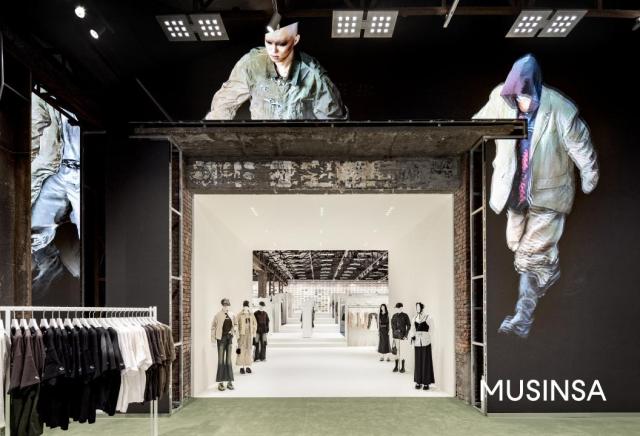
Editor's Note: This is the sixth article in our series exploring the evolving landscape of the Korean beauty industry and the products that captivate international visitors.
SEOUL, July 08 (AJP) - In the heart of Seongsu-dong, a once-industrial neighborhood now transformed into one of Seoul’s trendiest enclaves, foreign visitors will find a curated showcase of South Korea’s rising fashion and beauty prowess — all under the banner of e-commerce powerhouse Musinsa.
With multiple flagship locations spread across the district, Musinsa has reimagined retail as an immersive experience. Anchoring the area is Musinsa Store Seongsu at Daelim Changgo, a minimalist concept shop housed in a preserved 50-year-old warehouse that once stored rice. The location is Musinsa’s third offline venture, following openings in Daegu and Hongdae, and represents the company’s ambitions to be more than just a digital marketplace.
“There are quite a few days when lines stretch far outside the stores,” said a Musinsa spokesperson. “During pop-up events, the crowd is sometimes so large it clogs the streets of Seongsu.” For international visitors, the spokesperson offered a tip: plan around weekday mornings to avoid the rush.
The Daelim Changgo store is more than a retail space — it is a stage for emerging Korean labels like Stand Oil, a homegrown bag brand that has developed a cult following.
More than half the visitors to its Seongsu flagship are foreign, many drawn by its now-ubiquitous Oblong and Butter bag lines, both of which have become everyday sights on Seoul’s subways.
With official online shops in Japan and Taiwan and sellout performances at pop-ups in Tokyo and Osaka, Stand Oil encapsulates the exportable appeal of Korean fashion — practical, stylish, and distinctively local.
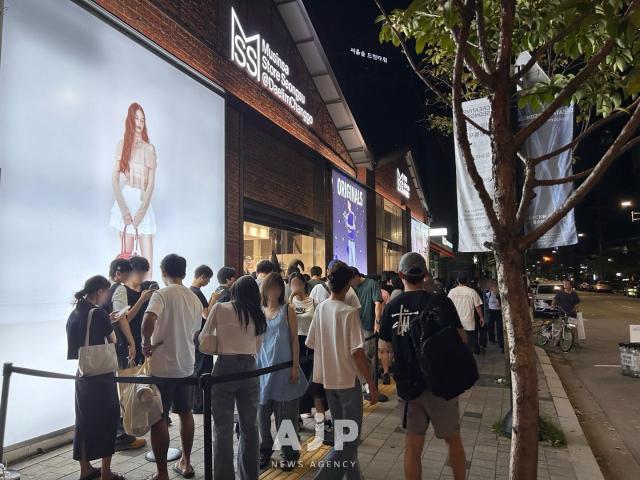
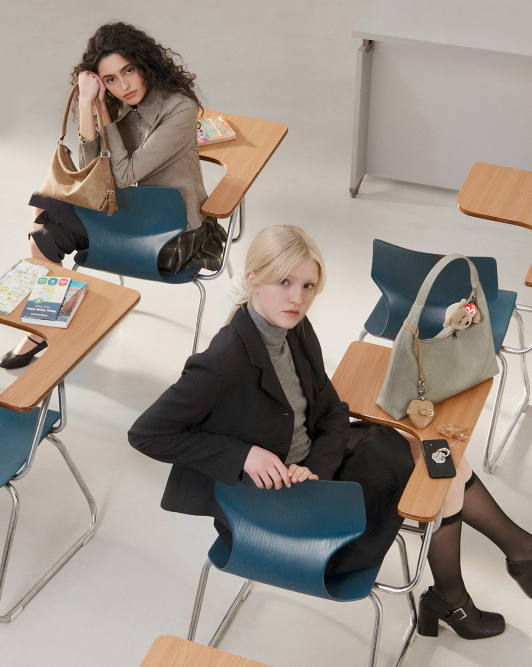
Another cornerstone of Seongsu’s streetwear identity is thisisneverthat, a pioneer of Korea’s first-generation streetwear movement.
Founded in 2010 by Inwook Park, Nadan Cho, and Jonkyu Choi, the brand now operates seven stores across Seoul and boasts international flagships in Harajuku, Osaka, and Shanghai. Its recent Seongsu outpost, which also houses affiliated label Khakis, fuses utilitarian military aesthetics with 1990s sportswear — a look that resonates with younger audiences both in Korea and abroad.
Seongsu also offers a glimpse into Korea’s growing influence in beauty.
Oddtype, a cosmetics label known for its experimental lip products, challenges the boundaries of conventional makeup with thick-brush applicators and highly pigmented tints.
“Oddtype tints coat particularly well with a glossy finish,” said Yeji Jung, a professional makeup artist. “They create volume and reflect light beautifully.”
At Musinsa’s Daelim Changgo store, curious tourists can test the products themselves — a hands-on introduction to the next wave of Korean beauty innovation.
Footwear label Rockfish Weatherwear, originally founded in Cornwall in 2004, has been reimagined for Korean tastes. Known for seasonal staples like Mary Jane flats and platform rain boots, the brand gained celebrity cachet through appearances on K-pop idols including NewJeans and IVE’s Wonyoung. Now, Rockfish is more than a footwear label — it is a lifestyle brand, merging British heritage with Korean climate-conscious design.
For those seeking sophistication over streetwear, Matin Kim offers minimalist, professional fashion with international reach.
Founded with a focus on refined daily wear for modern women, the label recently opened its first Japanese location in Tokyo’s Shibuya district and is aiming for 15 stores in Japan by 2030.
A recent Osaka pop-up drew 9,000 visitors in a week, selling out its signature Ribbon Round Bags and Coated Jumpers. Matin Kim’s growth is backed by a five-year partnership with Musinsa, underlining the strategic importance of Japanese expansion for Korea’s fashion brands.

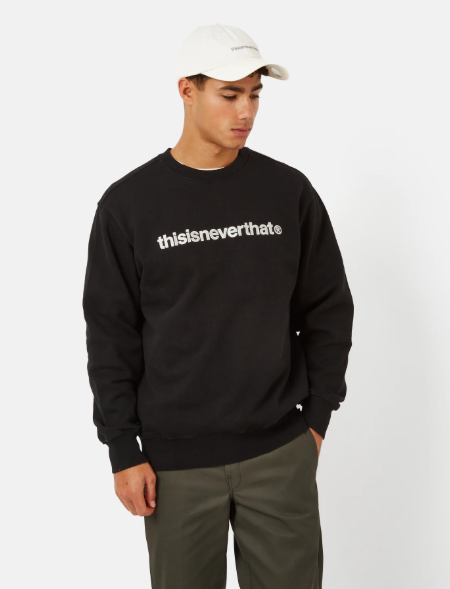
Together, these labels — each with distinct aesthetics and values — form the core of Seongsu’s transformation from a neighborhood of shoe factories into a beacon of cultural commerce.
Adjacent to the bustling Seongsu Cafe Street, Musinsa’s stores cater primarily to twenty-somethings drawn to neutral tones and accessible pricing. But the appeal stretches further: the compact district offers a walkable introduction to the textures of Korean lifestyle, blending coffee shops, fashion flagships, and cultural landmarks.
In one visit to Seongsu, foreign visitors can experience the full spectrum of Korean fashion and beauty — from cutting-edge lip tints to globally recognized bags — within blocks.
More than a shopping trip, the Musinsa-led development offers insight into Korea’s evolving creative industries, which are no longer content to imitate global trends but are instead setting them. For travelers seeking to understand the intersection of culture, commerce, and style in South Korea, Seongsu-dong is a compelling place to start.
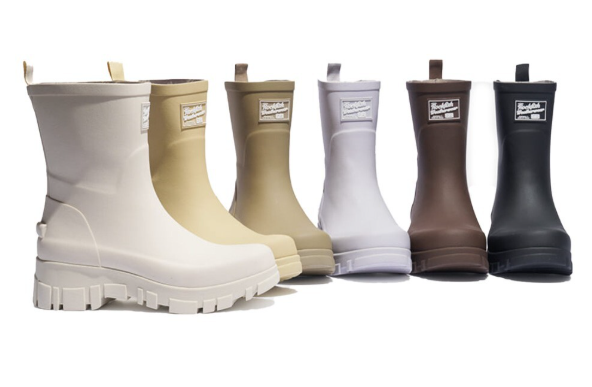
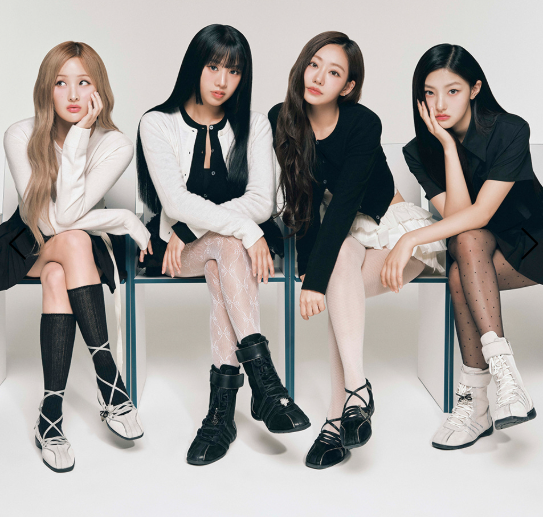
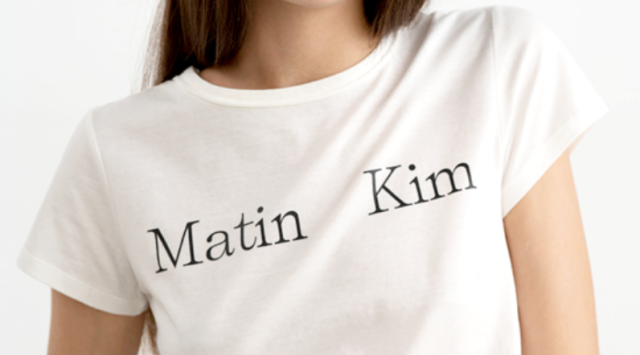
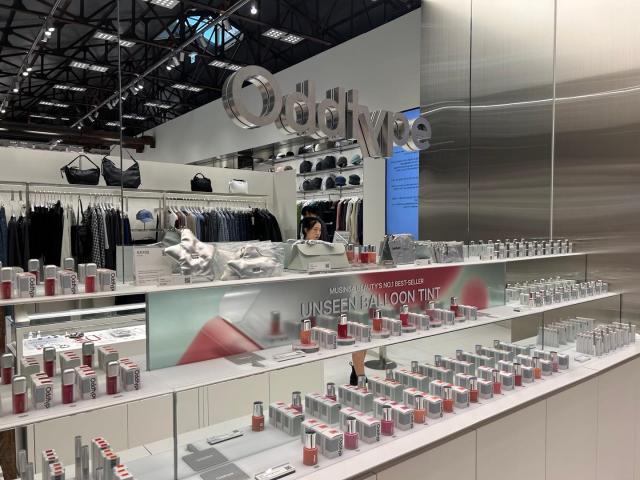
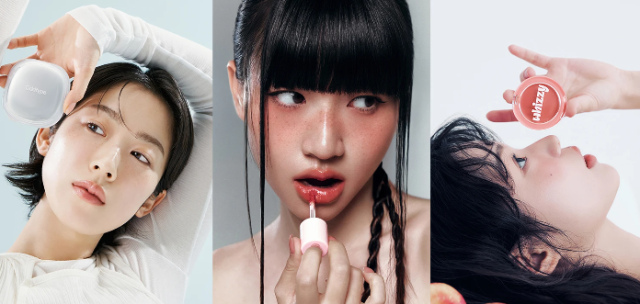
Copyright ⓒ Aju Press All rights reserved.

